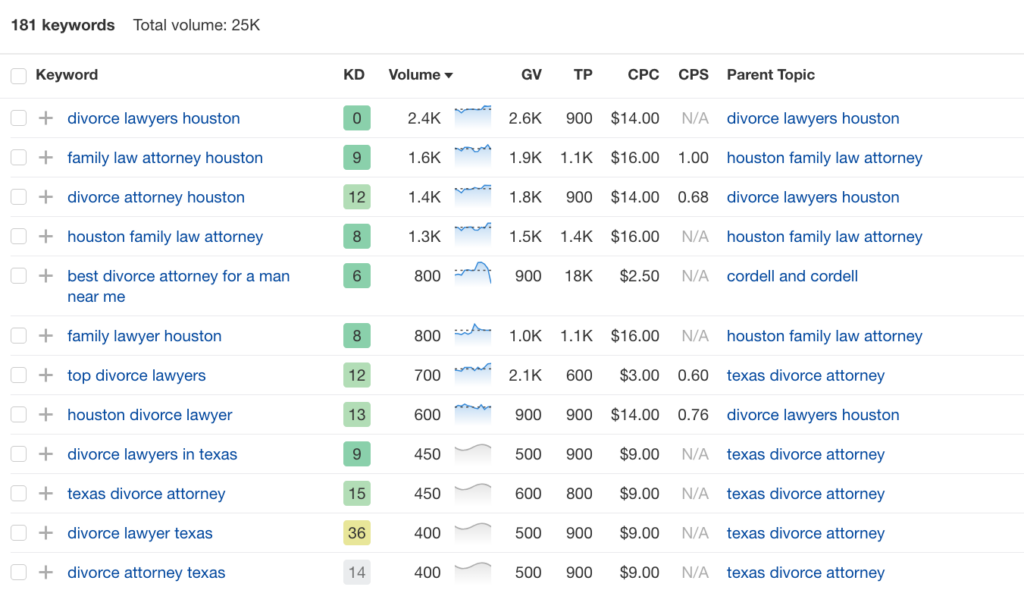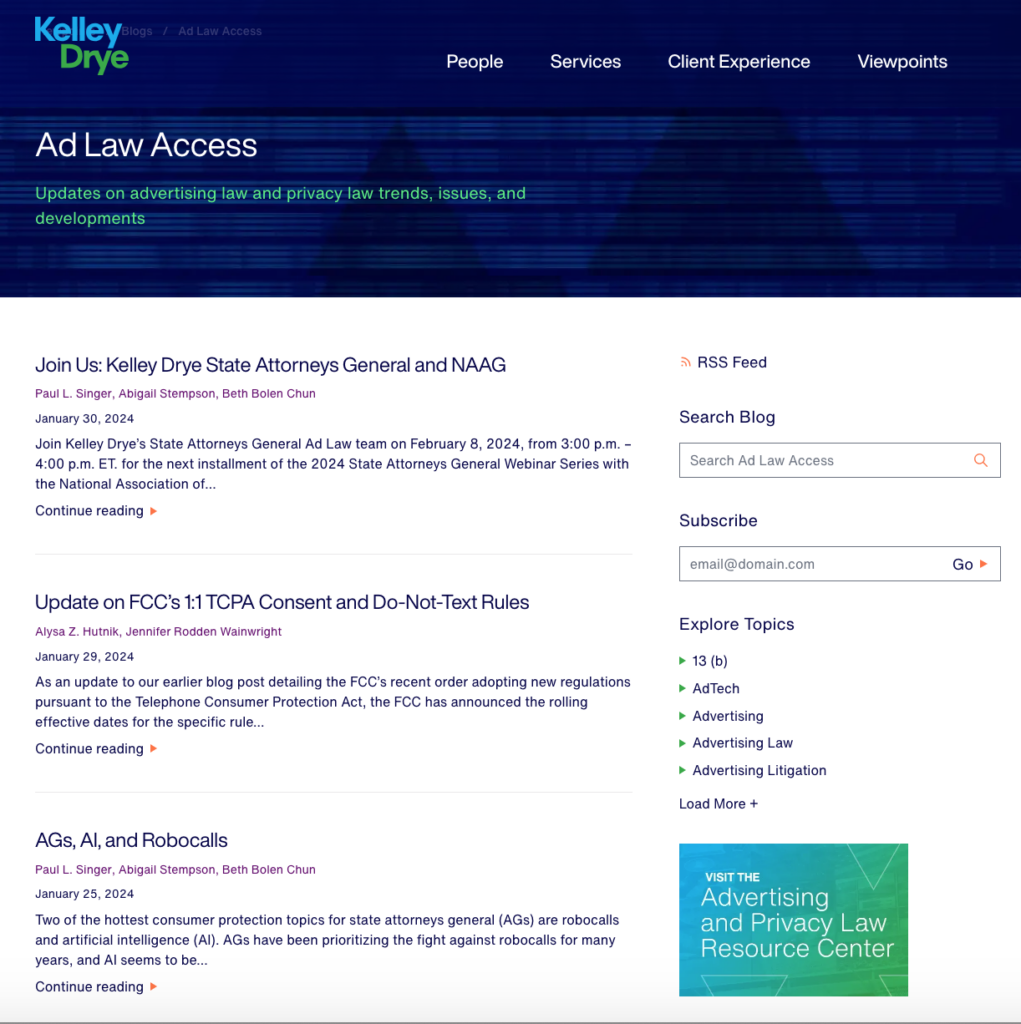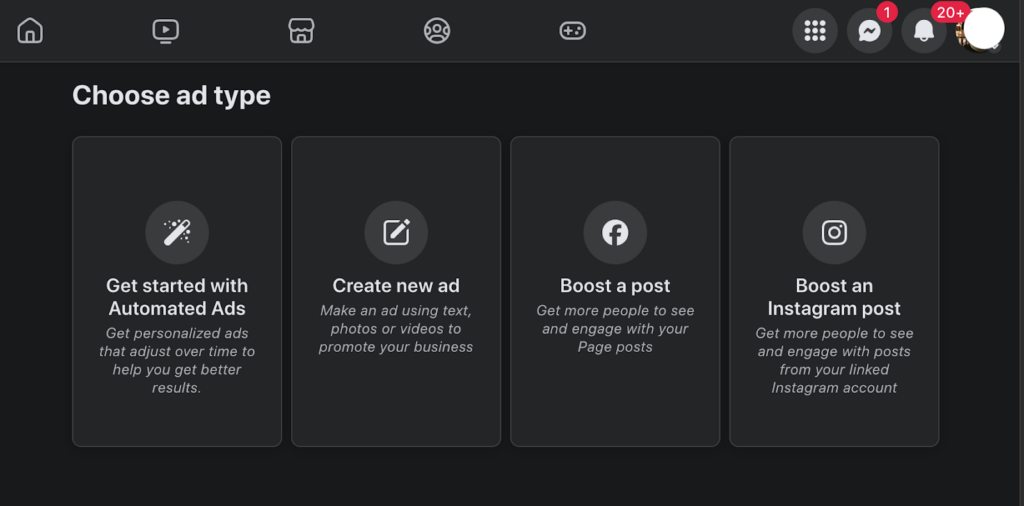The world of digital marketing is an ever-changing landscape. With the advent of pay-per-click (PPC) advertising, the game has changed for numerous industries, and the legal sector is no exception.
PPC for law firms has proven to be a powerful tool, driving targeted traffic to websites and converting visitors into clients. But as powerful as it is, it becomes even more potent when integrated with other digital marketing strategies, such as search engine optimization (SEO) and content marketing.
Understanding PPC for Law Firms
In its simplest form, PPC marketing for law firms involves placing ads on search engines like Google and other platforms like social media, where firms pay a fee each time their ad is clicked. These lawyer ads are not just displayed randomly; they are shown to users who have searched for keywords related to legal services, ensuring they reach a targeted audience.
In recent years, the surge in mobile device usage has led to an increased potential client base for services offered via PPC services for lawyers. That’s because these services successfully target users precisely when they are looking for legal help. Here are some examples of PPC ads you might see when you Google law firms in your area:

Keywords and Targeting
The effectiveness of PPC for law firms hinges on selecting the right keywords. These keywords should be highly relevant to the services offered, with a clear intent, such as “divorce lawyer in Detroit” or “best DUI lawyer near me.” Advanced targeting options, including geographic location, device type, and time of day, can further refine the reach of lawyer ads, ensuring they are seen by the right audience at the right time.
There are a couple of steps to keyword research for effective PPC ads.
1. Define Your Law Firm’s PPC Campaign Objectives
Before immersing yourself in keyword research for your PPC campaign, it’s essential to clarify your campaign objectives. You may have these ready, but if they’re not yet pinpointed, the following considerations are fundamental.
- Conversion goals. What specific actions are you intending for your site visitors to take that will lead them closer to becoming clients? Do you want them to schedule a consultation, download a legal guide, or request a case evaluation?
- Metric goals. What are your targets for the amount of engagement you want to see? This includes quantifiable figures such as the number of clicks to your website or the desired number of client conversions within a given period.
Identifying these goals is crucial as it informs the search intent of your visitors—you need to understand why someone might click on your ad in the first place. When your keywords match up with your campaign objectives and the intentions of your prospective clients, you set the stage for mutual success.
2. Use Keyword Research Tools
The keywords you use in your PPC ads help Google and other PPC platforms decide which searches might be relevant to your ads. Winging it is an option, but choosing effective keywords for your PPC campaign doesn’t have to be a shot in the dark. Numerous tools—ranging from free to various paid options—are available to streamline your keyword discovery process, including:
- Ahrefs (paid). A comprehensive tool that provides detailed keyword data and competitive insights.
- Spyfu (paid). Offers in-depth analysis of the keywords your competitors are using successfully.
- Keywords Everywhere (paid). A browser add-on that displays keyword search volume and CPC data.
- Google Keyword Planner (free). Google’s own keyword research tool tailored for creating PPC campaigns.
By using these tools, you can formulate a keyword strategy that’s not only based on educated predictions but also backed by data on what’s effective in your specific legal niche. Let’s take a look at a keyword search on Ahrefs’ Keywords Explorer. This is what appears when you search “divorce lawyer houston.”

These keywords give us an idea of what people are searching for on Google related to divorce lawyers in Houston, but it’s only a sampling. Don’t be afraid to dig into the less common keywords toward the end of the list when creating your PPC ads. Choose the ones that are most relevant to your practice.
Integrating PPC with the Other Pillars of Digital Lead Generation
Now that we’ve touched on how to get started building an effective PPC campaign, let’s discuss the marketing strategies that enhance PPC for law firms. The best PPC campaigns are always backed by smart content marketing strategies, search engine optimization (SEO) campaigns, and social media marketing. Collectively, PPC, SEO, social, and content marketing serve as the pillars of cultivation—identifying, engaging, and converting leads from various angles. It’s an intersection of visibility, credibility, and relationship-building that transforms casual browsers into committed clients. By employing these pillars in unison, law firms not only cast a wide net but also ensure that every thread of that net is strong, stable, and built to last.
Respected law firms understand the importance of compounded digital strategies. A leading firm, for instance, could see an exemplary return on investment by showcasing its expertise through its content, leveraging SEO for a sustained online presence, and complementing these efforts with the immediacy of PPC. This is not just an approach, it’s a comprehensive strategy that capitalizes on every facet of the digital landscape, positioning your firm ahead in an ever-competitive arena.
Use this integrated approach to ensure your firm is not just competing but leading and setting the benchmark in the legal digital marketing realm.
How PPC and SEO Work Together for Law Firms
Contrary to popular opinion, PPC for law firms and SEO are not rivals; they complement each other perfectly. Combining PPC and SEO means your law firm can dominate both the paid and organic sections of search results. This dominance increases your firm’s visibility and leads to higher trust, which is crucial in the legal industry.
On the surface, these two tactics might seem unrelated: SEO improves a website’s organic search rankings while PPC boosts visibility through paid ads. However, the synergies between these two are immense. For example, the keyword data obtained from your PPC campaigns can be leveraged to bolster your SEO strategy. Furthermore, a well-executed SEO strategy increases the quality score of your PPC ads, reducing the cost per click and increasing the effectiveness of your PPC in attorney digital marketing.
To truly harness the potential of PPC and SEO, it’s essential to employ a unified strategy. For instance, a law firm that integrates its PPC and SEO efforts has the advantage of increased exposure on search engine results pages. By occupying both the paid ad space at the top and having a high organic ranking further down the page, a firm can create increased trust and strengthen brand recall among its target audience.
Related: SEO vs. PPC for Law Firms: Which is Better?
The importance of keyword symbiosis
Central to the integration of PPC and SEO is the concept of “keyword symbiosis.” Both strategies rely on keywords as their foundation, and sharing keyword data between marketing teams can provide a significant competitive advantage. By analyzing successful organic keywords used in the firm’s SEO efforts, the PPC team can craft highly targeted ads to drive traffic and business. Conversely, the swift results PPC provides can inform adjustments to a firm’s SEO campaign for improved visibility and alignment with the target audience’s needs.
Moreover, an integrated PPC and SEO strategy boasts the advantage of elevated brand awareness. When potential clients click on a PPC ad, they are introduced to the firm’s offerings through a carefully tailored landing page. Although this initial interaction might not result in immediate conversions, the experience can create lasting brand recognition. As users search for services in the future, they will be more likely to engage with the firm’s organic content, leading to increased traffic and potential conversions.
The process of integrating PPC and SEO goes beyond merely running concurrent campaigns. It involves a strategic, data-driven approach for the two sides to work together. Regular monitoring of key performance indicators (KPIs) for both strategies is crucial to assess their effectiveness. PPC KPIs, such as click-through rates and conversions, and SEO KPIs like keyword rankings, time spent on page, organic traffic, and organic conversions can give valuable insights for both teams to collaborate and make data-informed adjustments to continually improve their respective campaigns. These KPIs can be studied using platforms such as Google Analytics.
In essence, the melding of PPC and SEO isn’t just a complementary endeavor but a mutually beneficial relationship, capable of driving your law firm’s digital visibility and client engagement to previously unreachable levels. Successfully uniting these two powerhouses transforms your online presence, enables you to dominate in a competitive market, and makes your firm a compelling choice for potential clients.
How to successfully meld PPC and SEO
A good example of a successful melding is the SEO strategy implemented by Mokaram Law Firm, one of the largest personal injury law firms in the US. The firm designed its website focusing on easily navigable, keyword-rich content. This content then becomes great landing pages for PPC ads. Below is what a PPC ad from Mokaram Law Firm looks like.

When you click on the ad, you’re taken to a purpose-built landing page with keywords that reinforce the ad you clicked on.

This SEO effort, coupled with Mokaram Law Firm’s well-executed PPC for law firms strategy, has significantly increased its online visibility across various legal domains. Now, it is among the most visible law firms online in its locality.
How Content Marketing Boosts PPC And SEO Performance
Next, let’s talk about content marketing. Unlike traditional advertising methods, content marketing focuses on providing value to the audience. Rather than merely promoting your law firm’s services, content marketing employs a customer-centric approach, using articles, blog posts, case studies, infographics, videos, podcasts, or other forms of digital content to offer valuable insights and address the concerns of your potential law firm clients. This informative approach is centered around educating your audience, nurturing their interest, and solidifying your firm’s position as an industry authority, rather than merely pushing for immediate conversions.
Content marketing provides a wealth of opportunities to enrich both your firm’s PPC and its SEO campaigns. High-quality content serves as an essential pathway for the potential clients driven to your site by PPC, and it should always be chock-full of relevant SEO keywords discovered in your market research. It pays to remember that PPC drives traffic, but once those users land on your site, it’s the strength and relevance of your content that engages and retains them.
Let’s explore how a well-executed content marketing campaign can boost the outcomes of your PPC and SEO strategies.
Landing pages
First, an excellent landing page experience is crucial. A PPC ad might secure the click with its promise, but the landing page needs to deliver on it. Content marketers, who are adept storytellers, can create engaging and persuasive landing pages that resonate with potential clients and guide them through the sales funnel. For example, a landing page that presents a compelling case study illustrating the firm’s success can serve to reassure clients that they are making the right choice. Other times, a landing page might outline a firm’s service areas, like the one below from Axiom Law.

It’s important to keep in mind that not all site visitors who become clients will convert on their first visit. A comprehensive content marketing campaign ensures that once potential clients arrive via PPC, they will find a trove of informative and persuasive content that keeps them on the site longer, encourages them to explore further, and ultimately leads them back when they’re ready to make a decision.
Keyword insights
Furthermore, content marketing can expose valuable insights gained from PPC keyword data. By analyzing which keywords yield the highest traffic and conversions using a tool such as Google Analytics, you can optimize your content accordingly. This informed content strategy can enhance organic search visibility and bolster the firm’s authority on specific legal topics or issues.
In leveraging content insights from PPC keyword data, it’s not just about interpreting what has worked in the past but also about projecting future content developments. Keywords that convert well in PPC can inform long-term content strategies, ensuring that the firm’s materials speak directly to the most pressing concerns and interests of the audience.
Organic search rankings
A content marketing campaign can also maximize the SERP real estate your firm occupies. By creating valuable content that ranks organically and running PPC ads for the same topics, your firm can dominate the search results page, giving the impression of a well-established presence in your legal field.
A great example of a content marketing strategy at work is the website for Kelley Drye. The law firm’s blog, Ad Law Access, focuses on providing comprehensive analysis and insights on advertising, marketing, and privacy law.

The blog delivers practical guidance through in-depth articles, podcasts, and webinars, clearly illustrating its legal expertise and solidifying its position as an industry authority. By updating regularly, the firm increases its search engine relevance score and adds new keywords to its site.
It works because the content is informative and engaging and addresses complex legal matters in a way that is easily comprehensible for the firm’s audience. By targeting relevant legal topics of interest, Ad Law Access becomes a valuable resource for businesses seeking advice on advertising, marketing, and privacy concerns.
Integrating PPC with Social Media Marketing
The combination of pay-per-click (PPC) campaigns with social media marketing introduces a more dynamic and interactive layer to the digital marketing efforts of law firms. By integrating these two, you can reach your target audience precisely where they spend significant time online and increase engagement with your brand.
To begin, identify the social media platforms where your target audience is most active. Whether it’s LinkedIn for corporate clients, Facebook for family law matters, or Twitter for intellectual property debates, understand the platforms that promise the most effective reach. Each platform offers distinct PPC advertising options like sponsored posts on LinkedIn, promoted tweets on Twitter, or Facebook ads.
While defining the PPC campaign for social media, it’s crucial to maintain consistency between your website’s PPC campaigns and social media ads. The messaging, keywords, and call to action (CTA) should be cohesive. For example, if your Google Ads PPC campaign targets clients looking for “tax law advice,” use similar language in your social media campaigns to attract the same audience. This approach offers seamless integration, reinforces your message, and enhances brand credibility.
One of the notable strengths of social media advertising is rich demographic targeting. Platforms like Facebook and LinkedIn provide granular control over who sees your ads based on demographics, job titles, interests, or location. Most platforms have several different kinds of ads to choose from, such as this selection from Facebook.

Leveraging this data allows you to laser-focus your PPC campaigns on audiences most likely to need your legal services.
Lastly, ensure the content you promote with your PPC budget is highly engaging. This could include thought leadership articles, videos explaining complex legal terms, or success stories. Engaging content entices prospects to interact with your posts, boosting your social media presence and the effectiveness of your PPC spending.
Maximizing ROI with Integrated Strategies
The ultimate goal of integrating PPC with other digital marketing strategies is to maximize the return on investment (ROI) for law firms. This involves continuously monitoring, analyzing, and adjusting campaigns across all platforms to ensure optimal performance.
Continuous Optimization
By analyzing the performance data from PPC campaigns in tandem with SEO rankings and content engagement metrics, law firms can identify areas of improvement. This continuous loop of optimization ensures that each element of the digital marketing strategy is contributing effectively to the overall goals.
Crafting a Unified Message
Consistency in messaging across PPC, SEO, content marketing, and social media marketing reinforces the law firm’s brand and values. A unified message across all channels not only increases brand recall but also builds trust with potential clients, making them more likely to engage with the firm’s services.
The Path Forward
For law firms looking to enhance their online presence and attract more clients, integrating PPC for law firms with other digital marketing strategies is essential. By combining the immediate visibility offered by PPC services for lawyers with the organic growth of SEO, the engagement of content marketing, and the reach of social media marketing, law firms can create a comprehensive digital marketing approach that drives success. Continuous optimization, unified messaging, and a flexible, collaborative approach will ensure that law firms not only reach their target audience but also effectively convert them into loyal clients.
